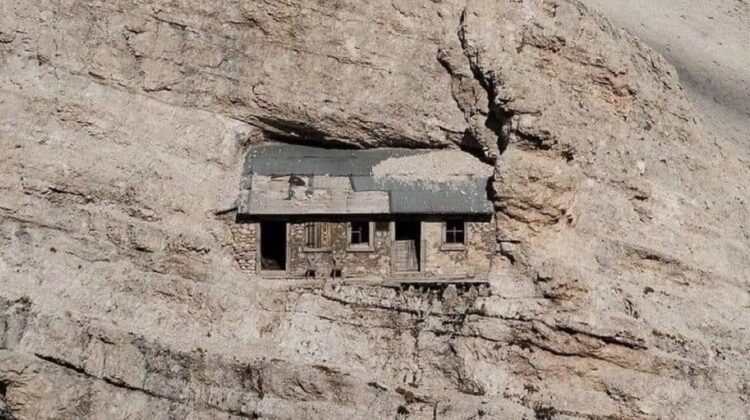
The Italian Dolomites are one of the most dramatic alpine destinations in the world, featuring sheer cliffs, craggy pinnacles, and idyllic valleys. And nestled among these stunning mountains is an incredible alpine shelter on Monte Cristallo, Auronzo di Cadore, Italy. This unique building was built during World War I at a height of 2760 meters, and judging by its history and unique location, it will definitely survive the armageddon.
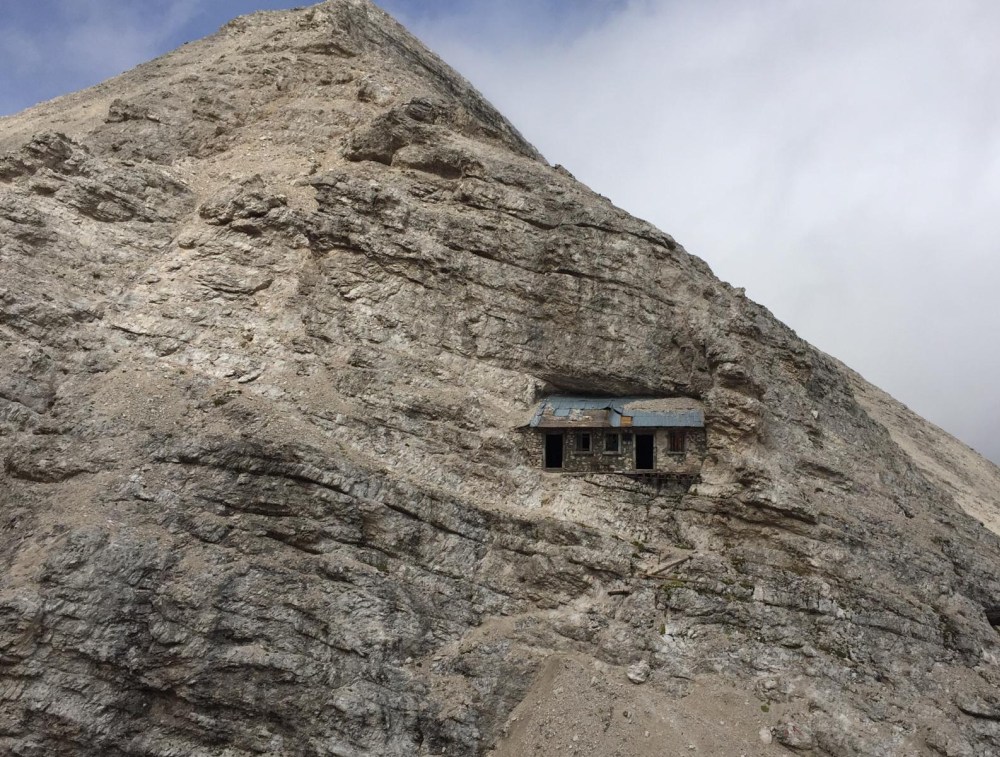
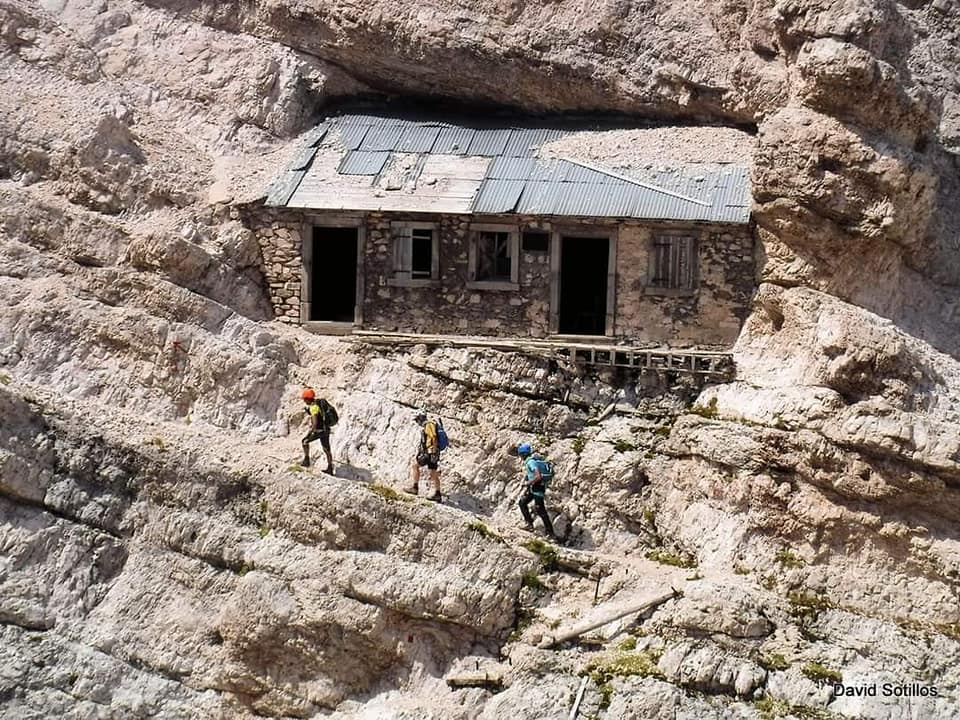
During World War I, the Italian and Austro-Hungarian armies installed heavy artillery and built tunnels under each other’s positions. They even blew the tops off mountains to trigger avalanches resulting in thousands of deaths. Today, visitors can hike through the galleries that were mined through the rock, and it’s equally amazing and terrifying. The armies also built many bunkers and shelters like the one depicted here, located in the almost vertical cliff on Monte Cristallo.
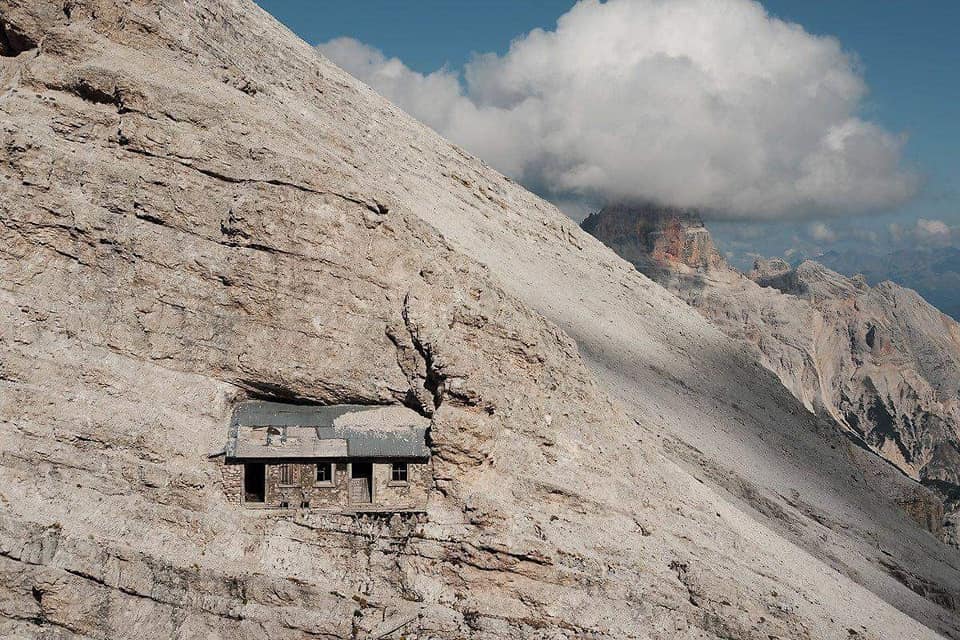
Monte Cristallo is a long, indented ridge with four summits higher than 3,000 meters, located in the Italian Dolomites. Today, the mountain range is part of the “Natural Park of the Ampezzo Dolomites,” declared a UNESCO World Heritage Site in 2009. The park covers a total area of 141,903 hectares and is a popular tourist destination with two excellent “via ferratas.”
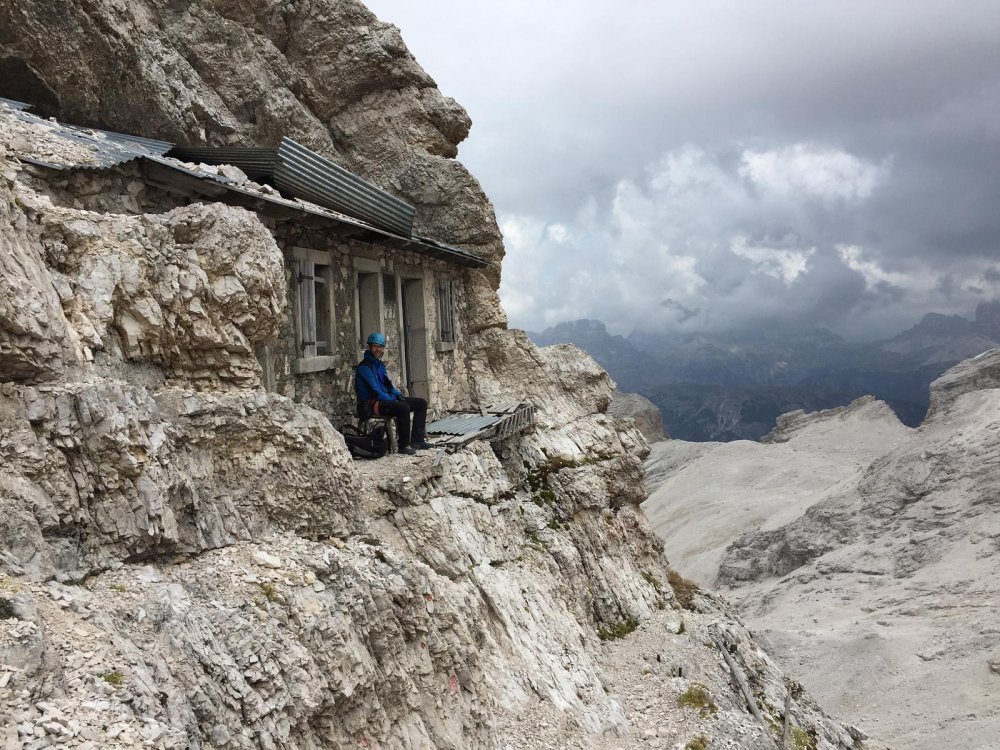

A via ferrata is a protected climbing route found in the Alps and certain other locations, employing steel cables, rungs or ladders that are fixed to the rock. Climbers affix a harness with two leashes, which allows them to secure themselves to the metal fixture and limit any fall. Along the routes, hikers can find many mementos of World War I, including other shelters at incredible locations.
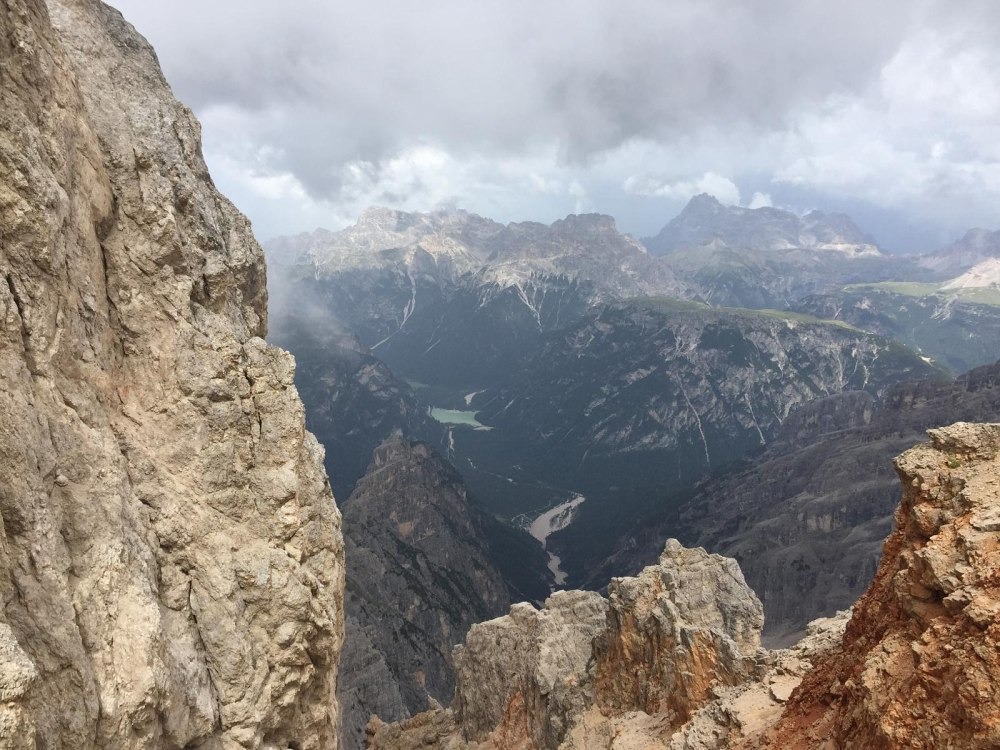

This incredible alpine shelter on Monte Cristallo is a testament to human ingenuity and endurance. It was built during one of the most difficult times in human history, in a place where few thought it was possible to survive. Today, it serves as a reminder of the incredible feats we are capable of, and as a refuge for those who dare to venture into the stunning but unforgiving landscape of the Italian Dolomites.
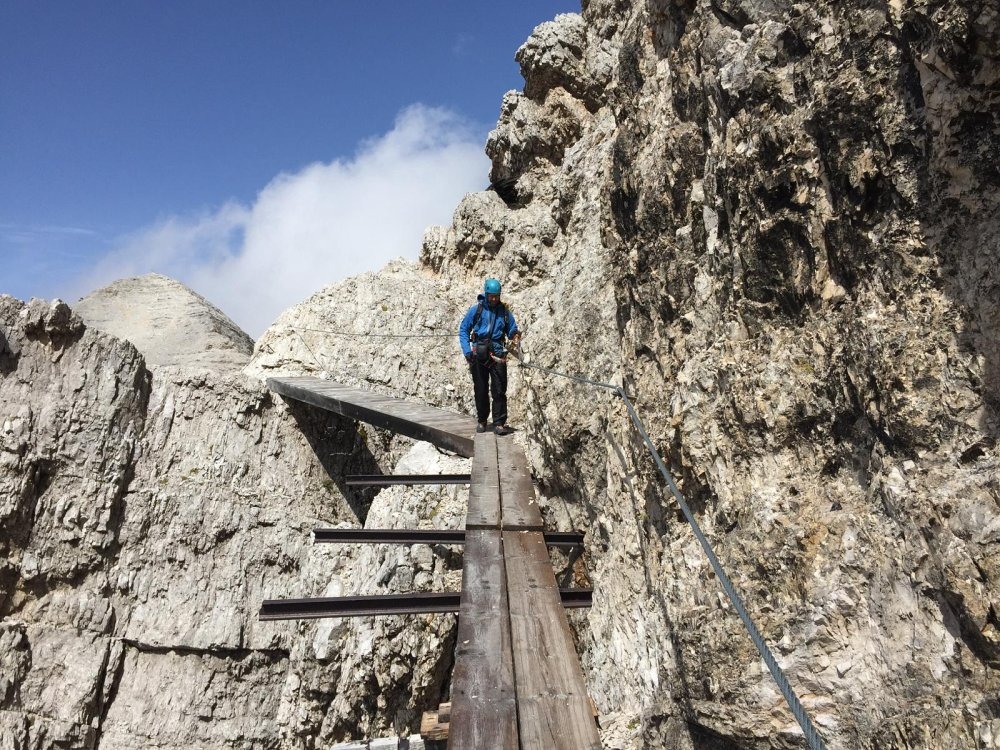
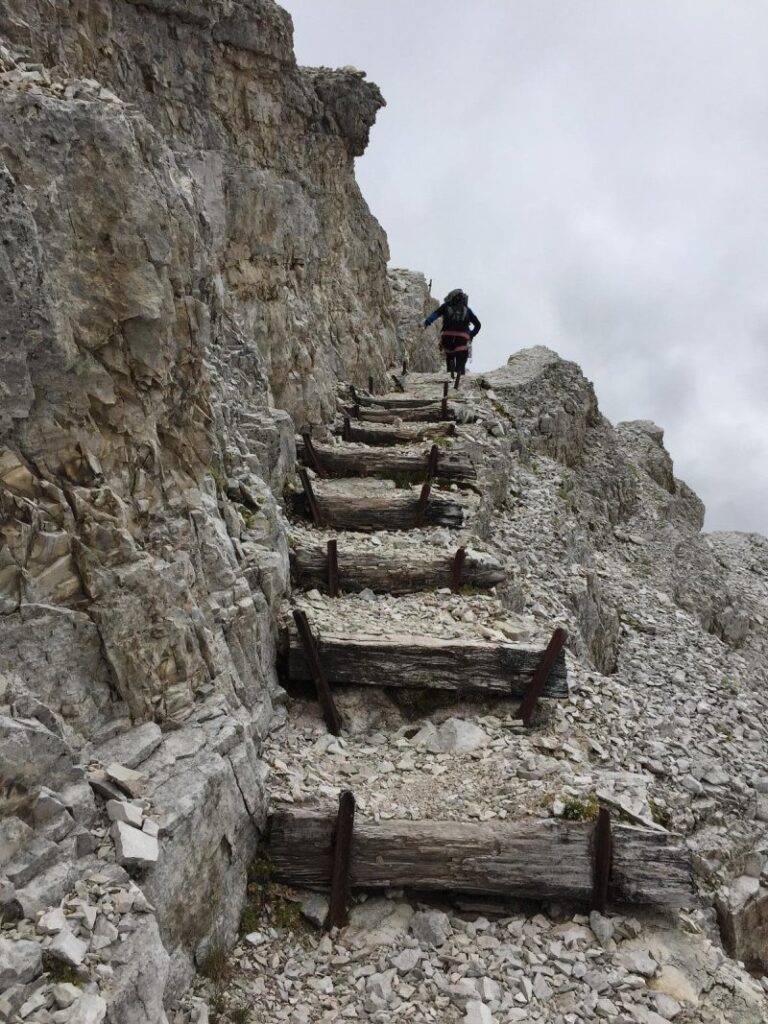
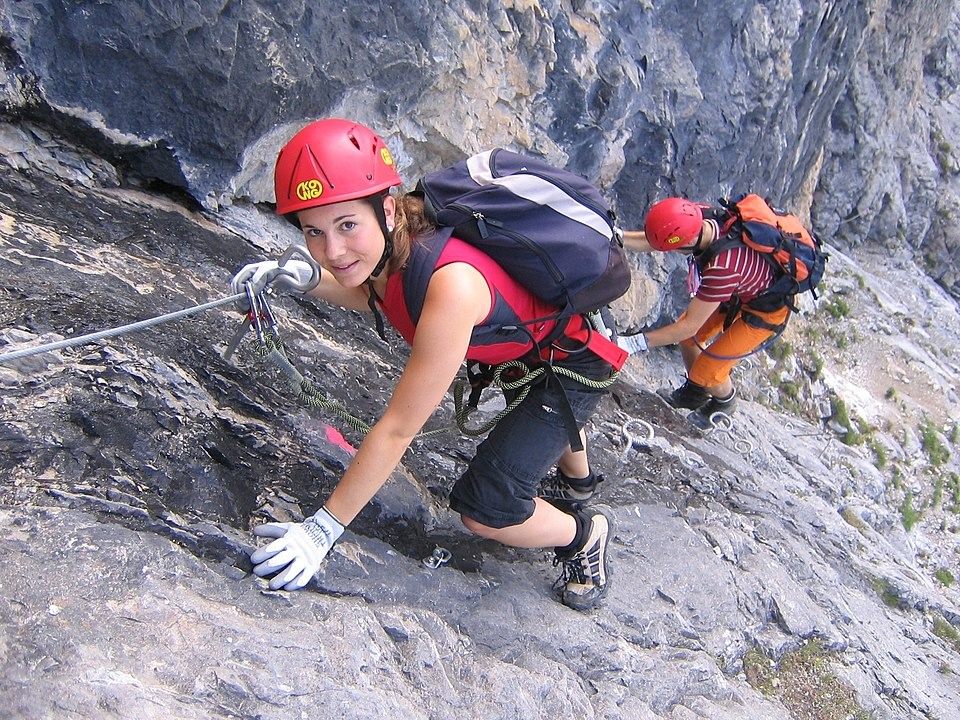
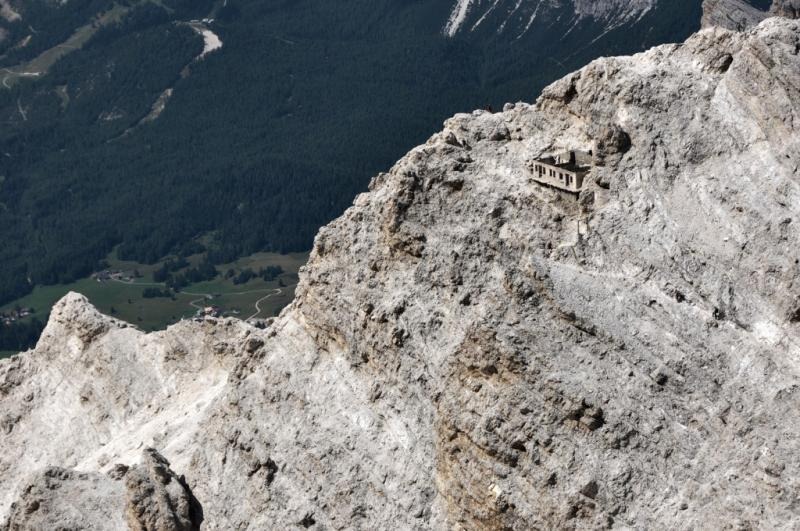
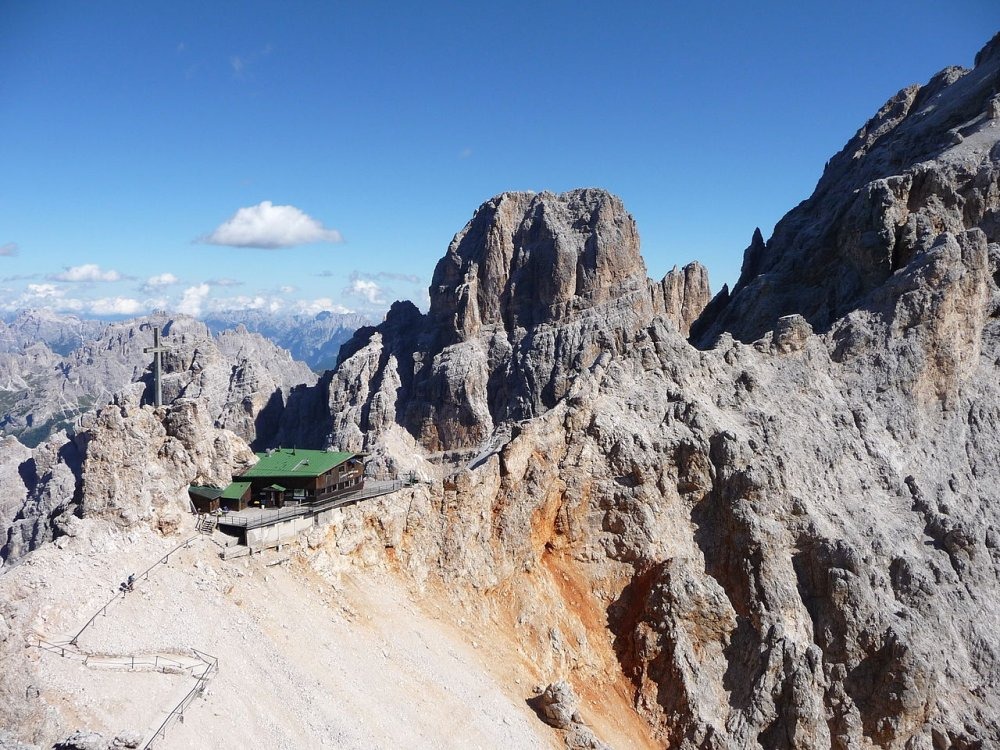
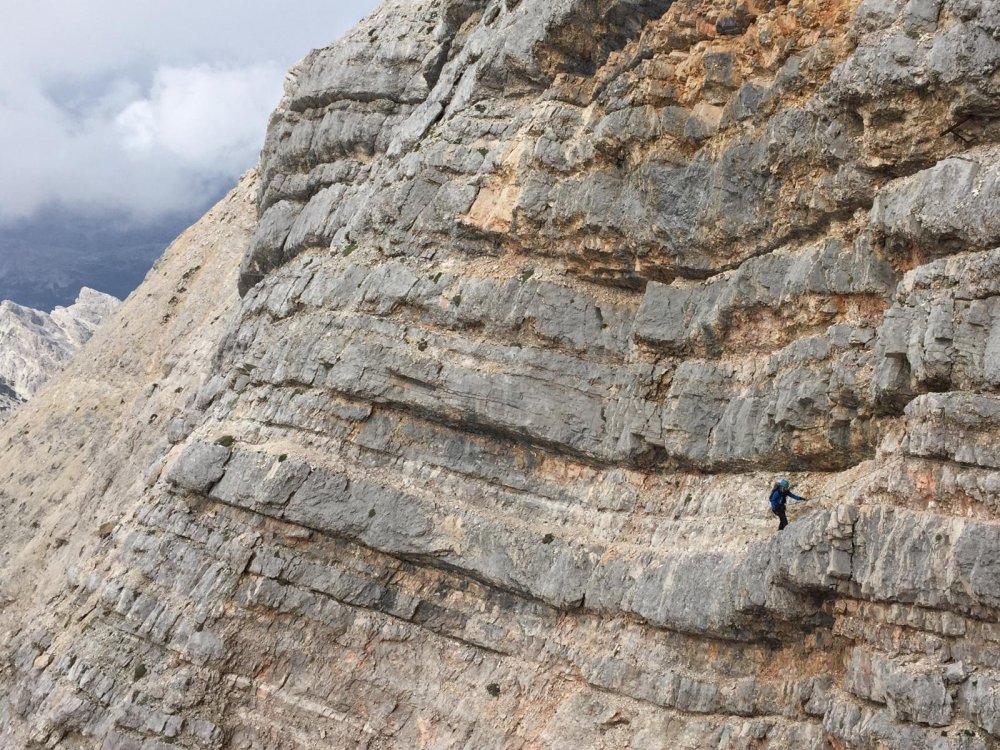

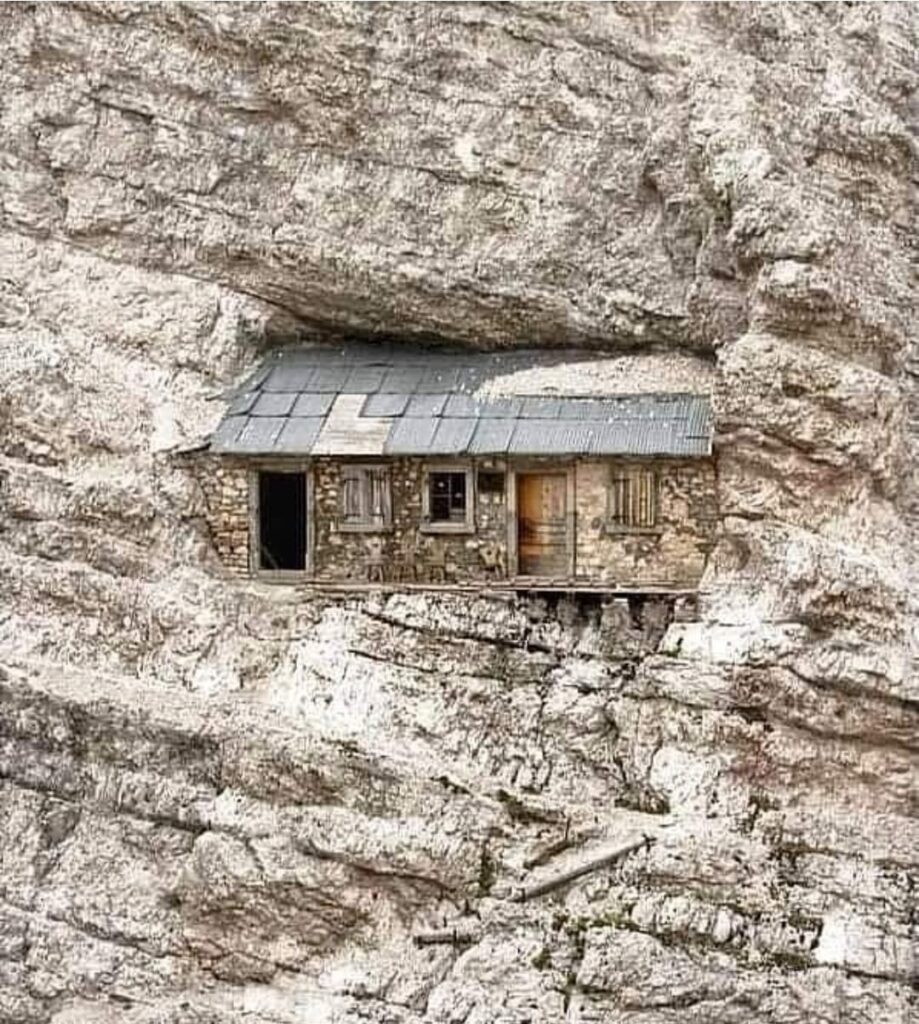
Leave a Reply